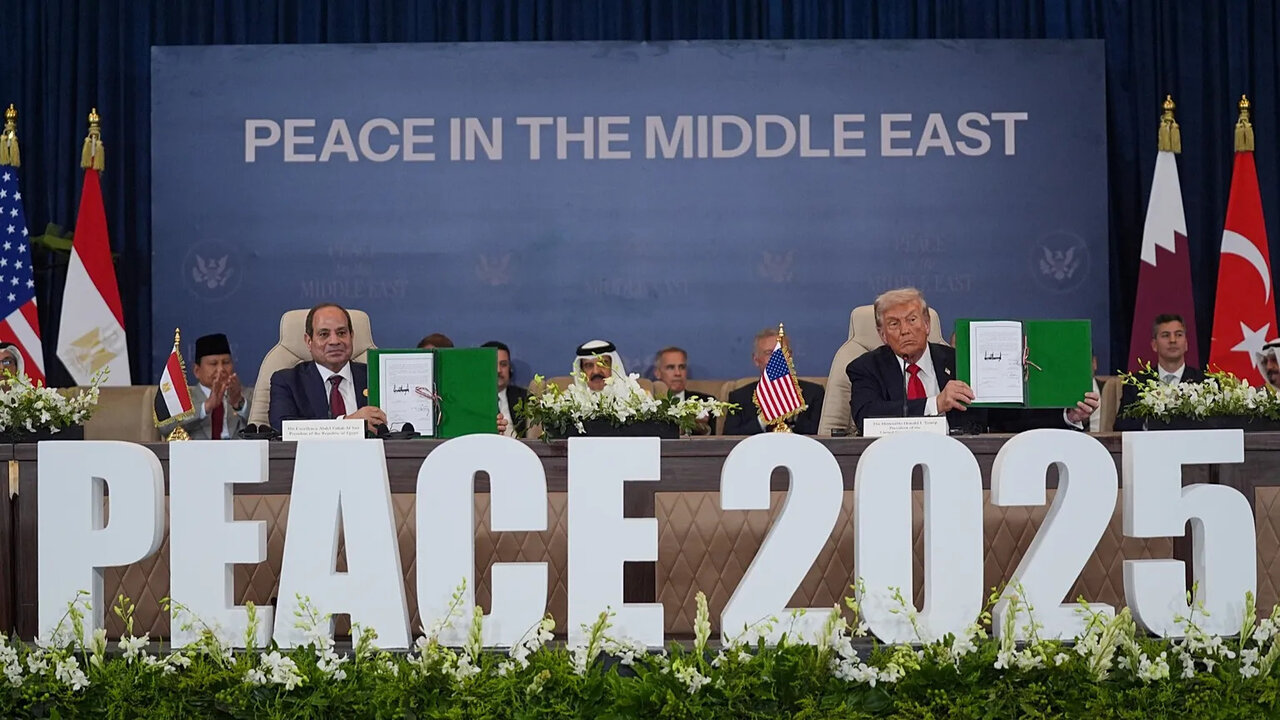Paper peace: Sharm el-Sheikh’s fragile promise to Gaza
How Gaza’s demands go unanswered

TEHRAN — The October 13 summit in Sharm el-Sheikh, Egypt, played out as choreographed pageantry: leaders posed, a ceasefire was hailed, and promises of reconstruction were laid out — alongside a round of ungainly flattery for Trump that blurred diplomacy with theater.
But as ceremonial confetti settled, a far louder reality took shape on the ground and in the mouths of experts, rights groups, and Palestinian leaders: the accord treats immediate relief as if it were a substitute for justice, and the gaps are dangerous enough to make the temporary calm unravel.
The deal’s architecture rests on three brittle pillars. First, demilitarization is demanded of Palestinian groups while concrete, impartial enforcement measures are conspicuously absent.
Diplomats and observers—including Robert Malley—have voiced disbelief that the broader 20-point plan will be implemented as written; they expect only the most immediate measures to stick.
Expecting a power-asymmetric actor to surrender arms with no reciprocal guarantees invites either perfunctory compliance or covert retention of force. Both outcomes threaten a return to violence.
Second, legitimacy is in short supply. The summit’s carefully staged consensus was reached without either Israel or Hamas present at the signing.
On October 14, Egypt announced a proposed interim administration of technocrats — reportedly 15 names already vetted by Israel and endorsed by regional mediators. For many Palestinians, this raises alarms about external control over their political future.
Palestinians and journalists on the ground called the ceremony “hollow choreography” because it sidelines the very people whose consent is decisive for lasting peace. Imposed technocracy, even when pitched as neutral, risks entrenching dependency rather than restoring sovereignty.
Third, accountability was largely deferred. Human Rights Watch warned that the truce is essential but “no substitute” for action on aid, justice, and lasting political change.
For many Palestinians, a ceasefire that does not explicitly dismantle the blockade, guarantee rights, or open credible pathways for accountability amounts to a pause that preserves structures of domination.
Israeli forces violated the truce on October 14, killing nine Palestinians in Gaza and torching homes and shops during their withdrawal — reinforcing fears that “ceasefire” offers no real safety.
These structural doubts translate into stark scenarios. If optimism prevails — unlikely without robust UN verification and political will from powerful states — phased implementation could yield limited reconstruction and a fragile political transition.
More plausibly, a temporary lull will be followed by a protracted stalemate: reconstruction trickles, governance fights stall, and Palestinians remain under constrained sovereignty.
Israel has also moved to tighten the siege, blocking aid and keeping Rafah closed until Hamas returns bodies of captives — even though many were killed by Israeli airstrikes and remain buried under rubble. For Palestinians, this signals that collective punishment continues under the guise of a ceasefire.
The worst case, tragically plausible, is a collapse that spirals back into full-scale hostilities, leaving Gaza’s civilians once again to absorb the highest human cost.
Voices from Gaza and its advocates see this for what it is: urgent humanitarian relief wrapped in a diplomatic package that dodges the structural remedies Palestinians demand.
As historian Rashid Khalidi and frontline journalists have argued, without addressing occupation, accountability, and control over borders and resources, Sharm el-Sheikh risks being remembered not as the start of justice but as another interlude — a pause that lets the machinery of dispossession recalibrate.
If the world truly intends to break the cycle, it must treat the ceasefire as a platform for enforceable rights — independent investigations, unconditional humanitarian access, and a political horizon that recognizes Palestinian self-determination — rather than as a finale.
Otherwise, the summit’s applause will only echo over rubble and uncertainty, and Gaza’s people will be left to ask whether their brief respite was relief or merely the calm before a renewed storm.
Leave a Comment